Uganda launches “Can’t Wait To Learn” digital learning for refugees. The Minister of State in charge of Primary Education Hon. Joyce Moriku Kaducu has launched the “Can’t Wait To Learn” Digital Learning Innovation for Maratatu, Kagoma and Rwenyawawa (3) primary schools in Kwangwali Refugee Settlement in Kikuube district. The minister called on the education sector actors to leverage on the power of digital solutions to enhance teaching and Learning since technology is no longer optional but a necessity.
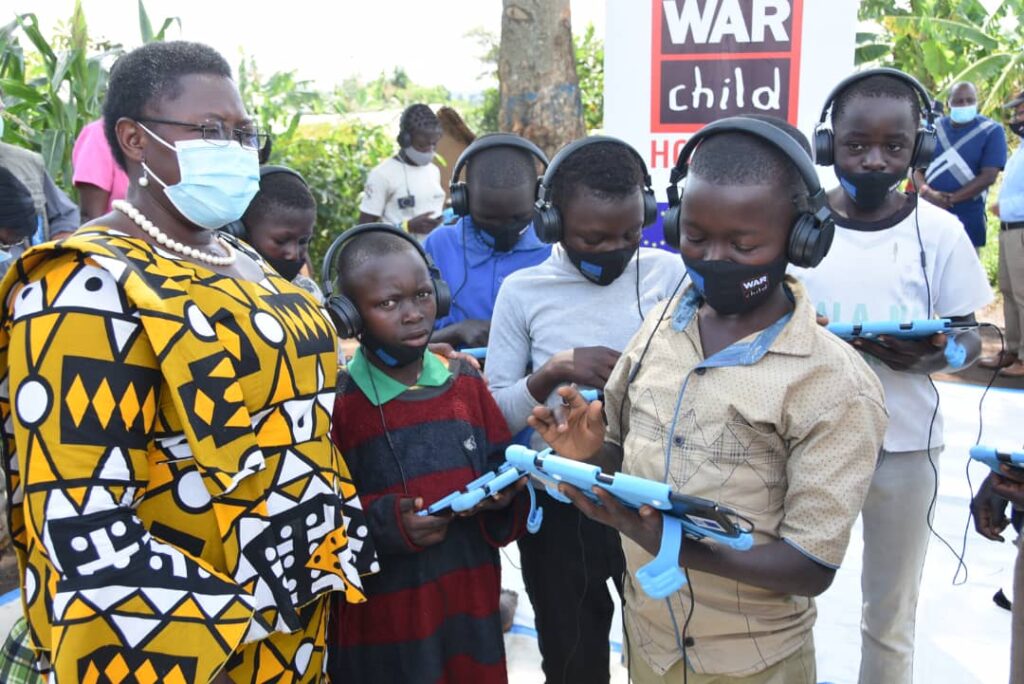
Minister of State in charge of Primary Education Hon. Joyce Moriku Kaducu interacting with the learners. 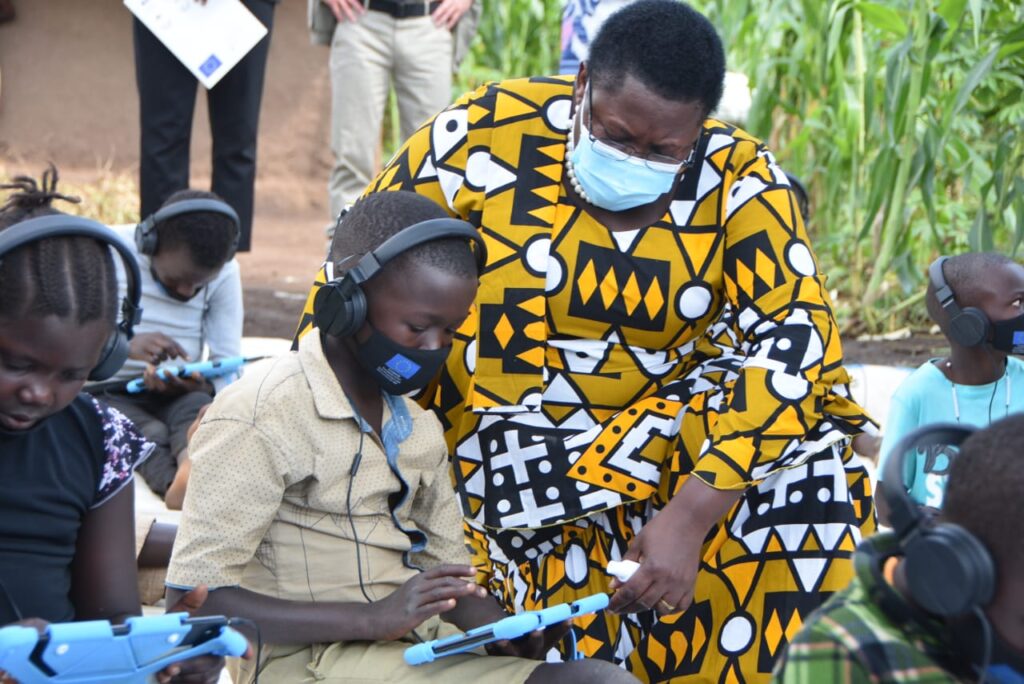
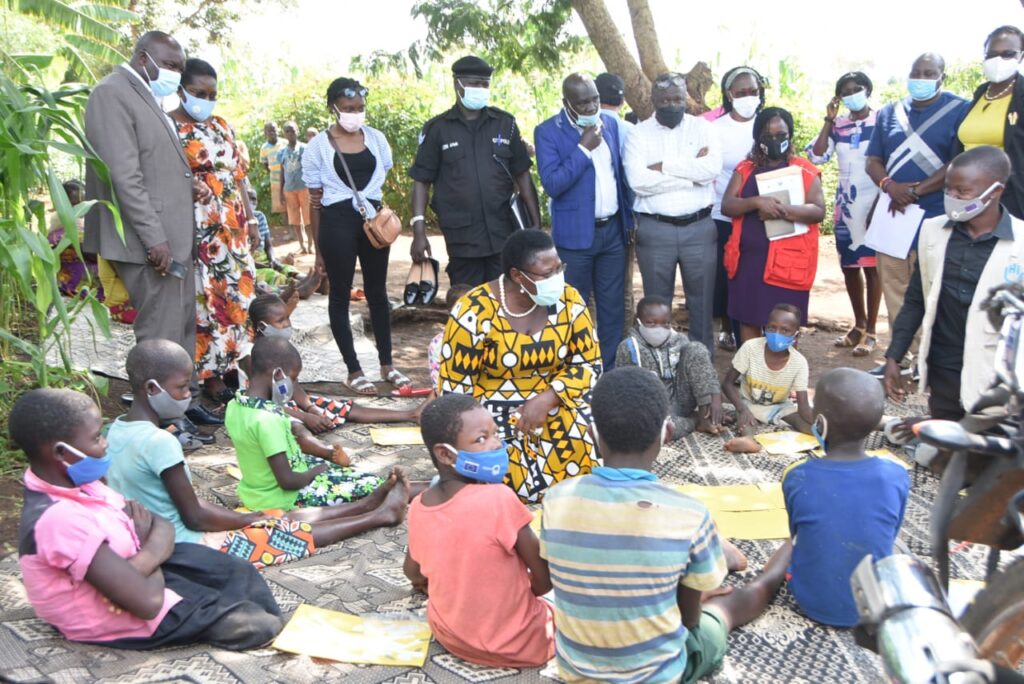
The “Can’t Wait To Learn” Digital Learning Innovation is geared towards improving literacy and numeracy skills of learners using the audio/video gaming approach. The National Curriculum Development Centre approved the innovation as fit for use in lower primary (P1 to P3 and Accelerated Education Programme level one (AEP 1).
War Child Holland has been implementing the innovation in refugee hosting districts for the past three years to improve literacy and numeracy skills for refugee children and other vulnerable children from the host community.
In 2020, the Ministry of Education also piloted the same approach in partnership with War Child Holland in Nalongo Primary School in Luwero District for children to continue learning at home while schools were closed due to the CONVID-19 pandemic. This has helped government to validate its applicability outside refugee settings and there are plans to scale it up to vulnerable communities across the country.
Moriku revealed that Government of Uganda in collaboration with War Child Holland, are working with the Department of Teacher Instructor Education, Training and Development (TIETD) to integrate Can’t Wait To Learn into teacher training framework at Core Primary Teachers Colleges so that they are well prepared to support learners.
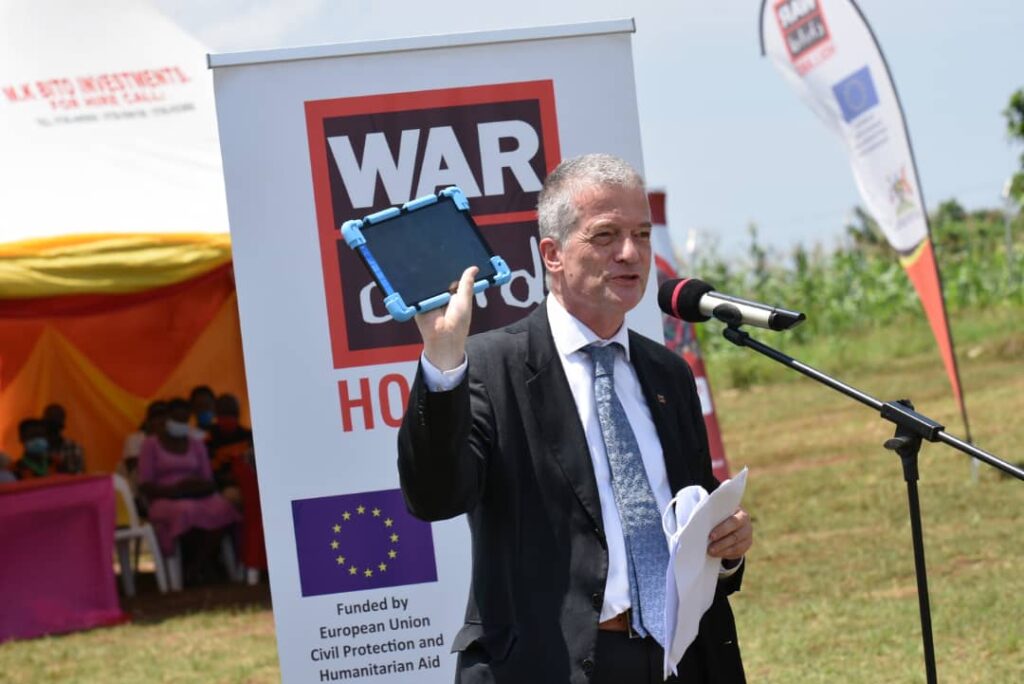
Country Director of War Child Holland (NGO) Mr. Jan Jaap Kleinrensink 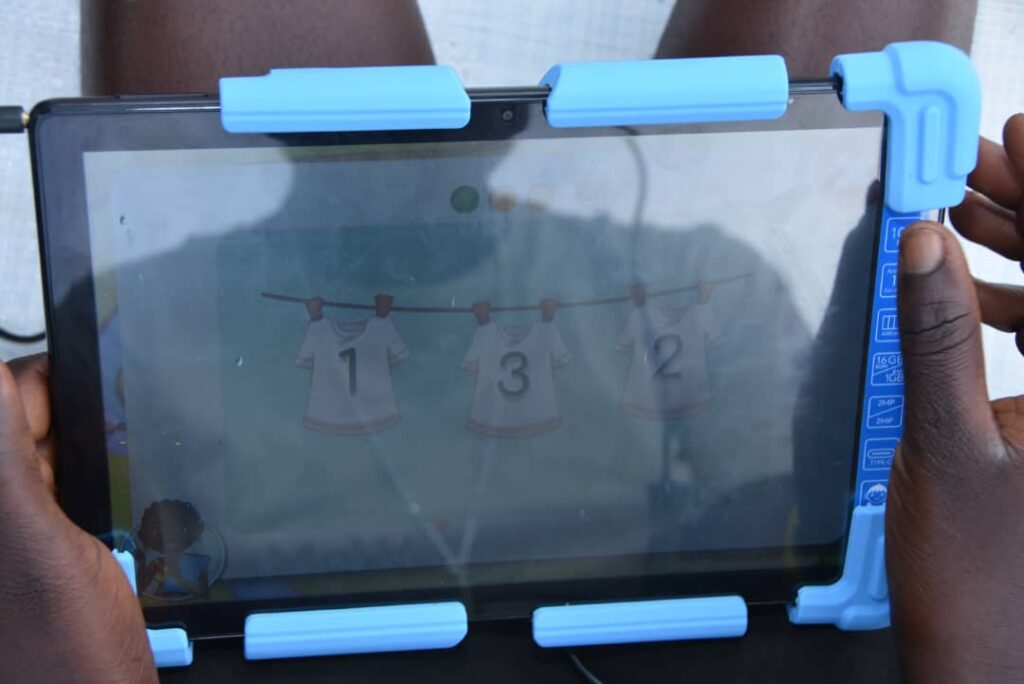
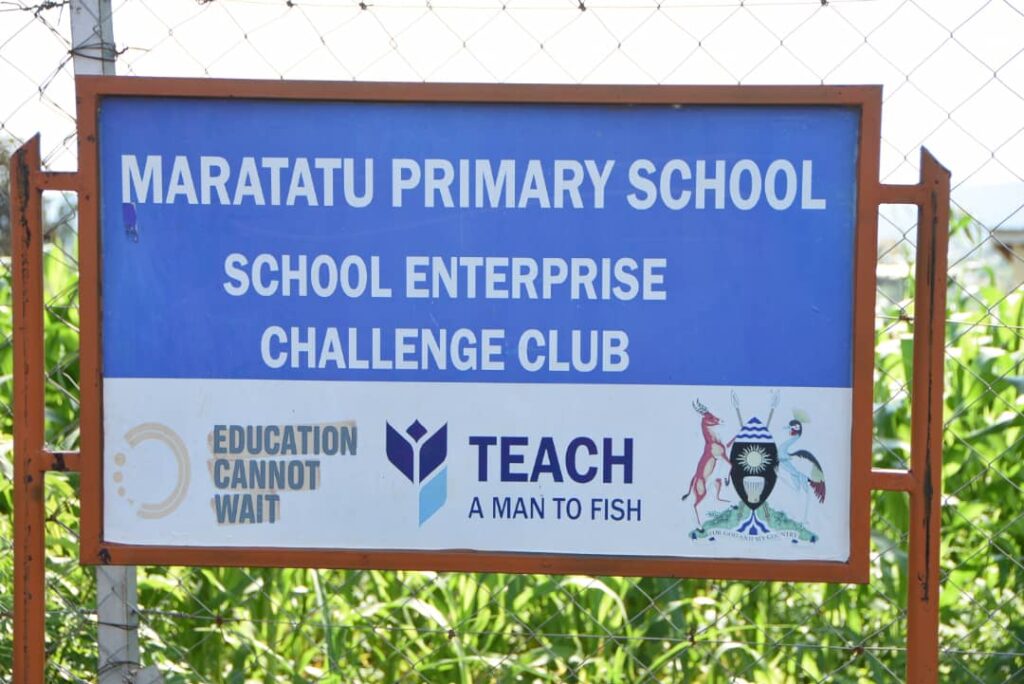
Speaking at the launch the Country Director of War Child Holland Mr. Jan Jaap Kleinrensink said that to improve the resilience and wellbeing of children living with violence and armed conflict the education program has been designed with the long-term goal of building children’s academic, social and emotional knowledge and skills to be able to participate fully in their societies and realize their full potential.
According to Grace Kiiria Okia an Education Advisor at War Child Holland, In the development process children were consulted and their interests and opinions integrated in the games. The approach is custom made, aligned to needs, and cultures of Uganda, children relate to the learning environment which enhances their learning.
“When schools open the innovation will be used as a catch-up tool. The tablets are purely designed for learning, and it is used offline therefore children can not access any other information or social media platforms.”
READ: Janzi Awards: Over 80 Awards in the Culture, Creative and Performing Arts Industry
Lillian Nyacheng the ECHO representative also confirmed that the “Can’t Wait To Learn” Digital Learning platform has been implemented in 22 primary schools in 4 settlements in one (1) South Western Uganda and three (3) in West Nile. In total these schools have received 1,828 CWTL tablets, trained 251 teachers and benefited 7,782 AEP and Primary School learners.
Uganda maintains one of the most progressive refugee hosting policies in the world and hosts 1.5 million refugees with 60% of this population are below 18 years, and over 350,000 were out of school before the COVID-19 pandemic.
Currently, 10% of the global humanitarian aid budget has been earmarked to support the education sector, and in the case of Uganda, the percentage is up to 20%, contributing to the operationalization of the Ministry of Education-led Education Response Plan for Refugees and Host Communities (ERP).
Also, read;










































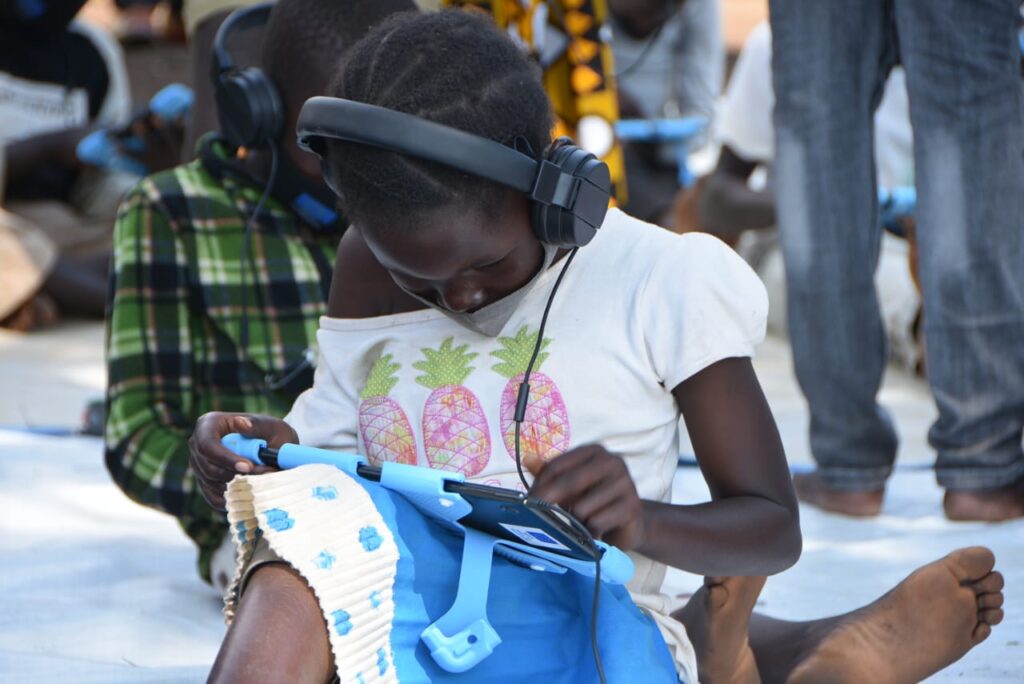
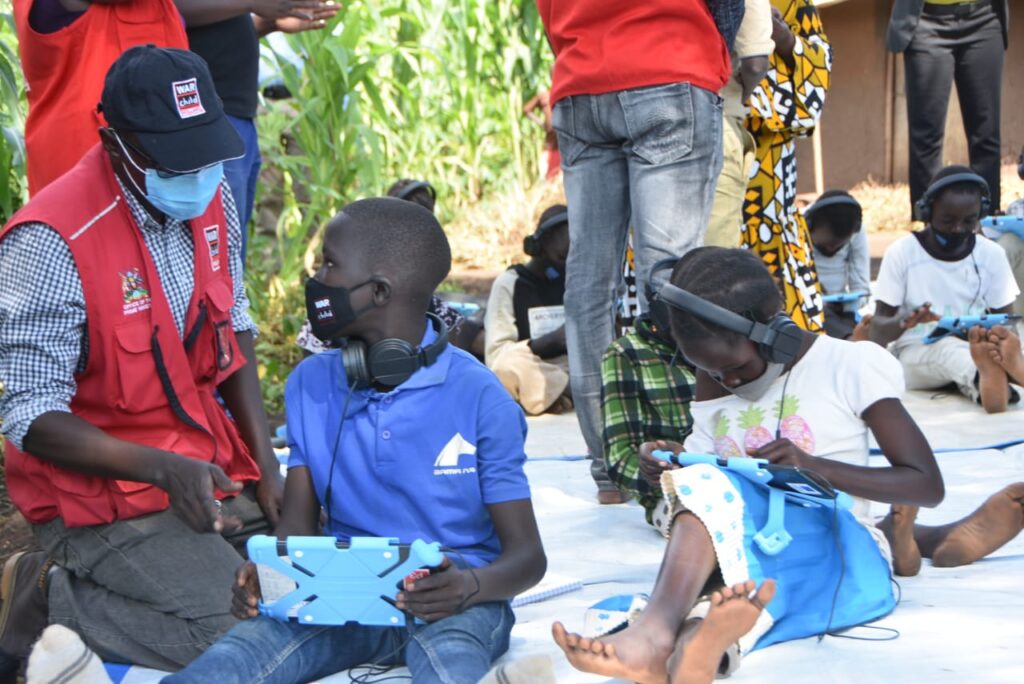
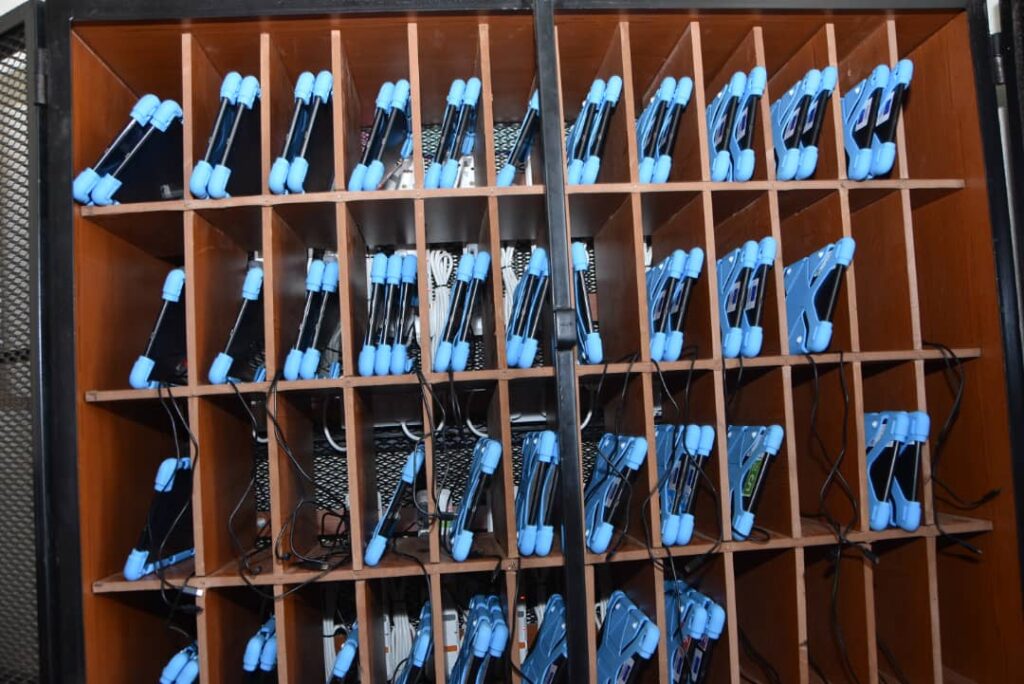
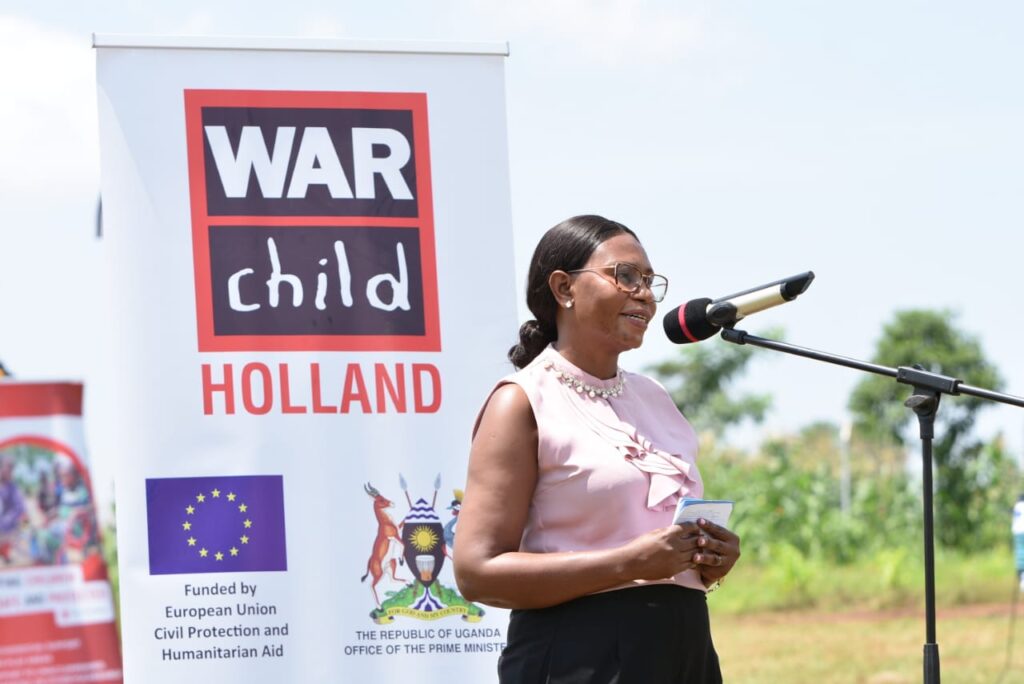
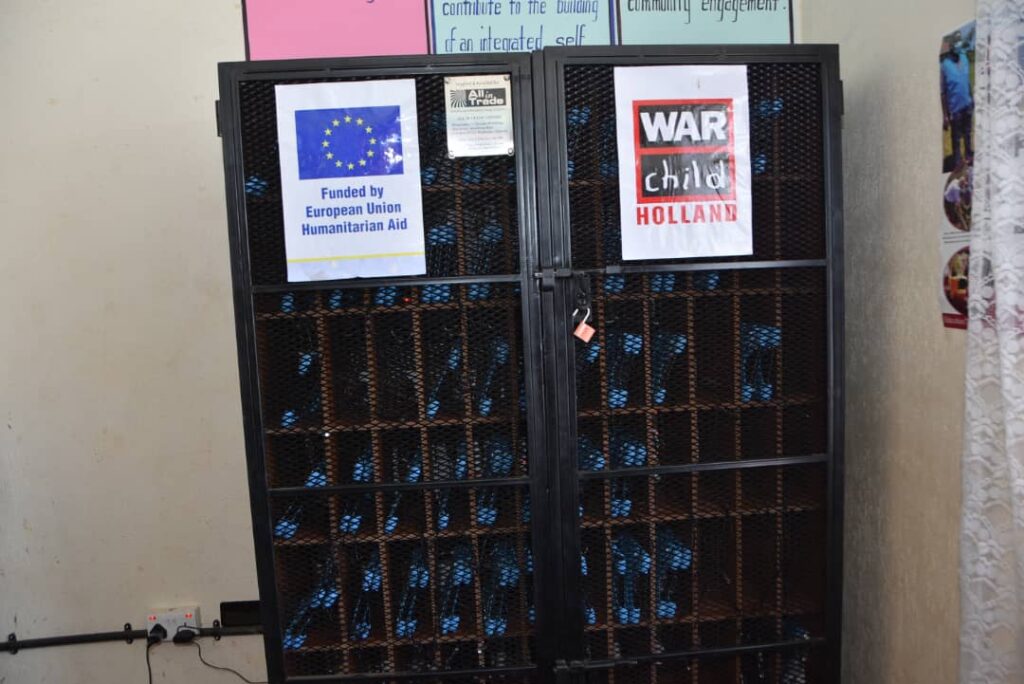
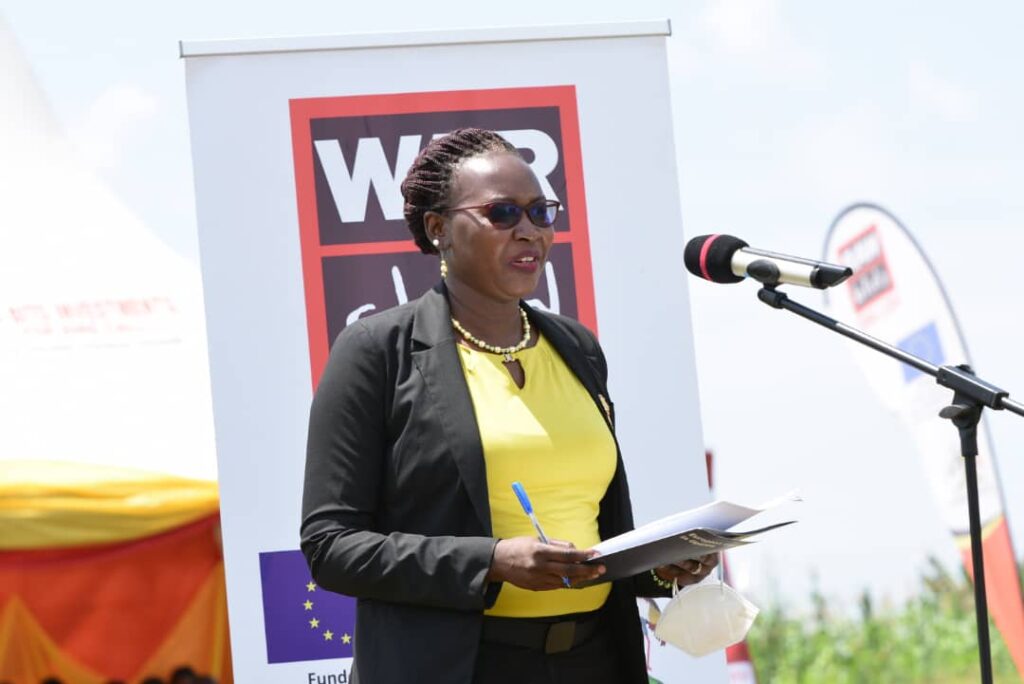
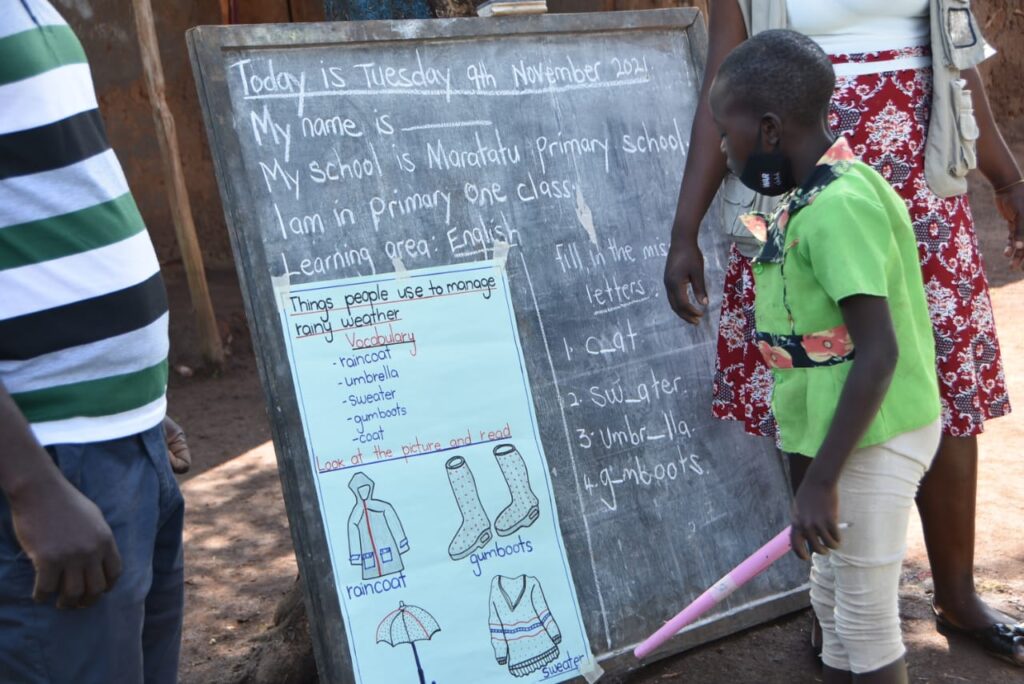
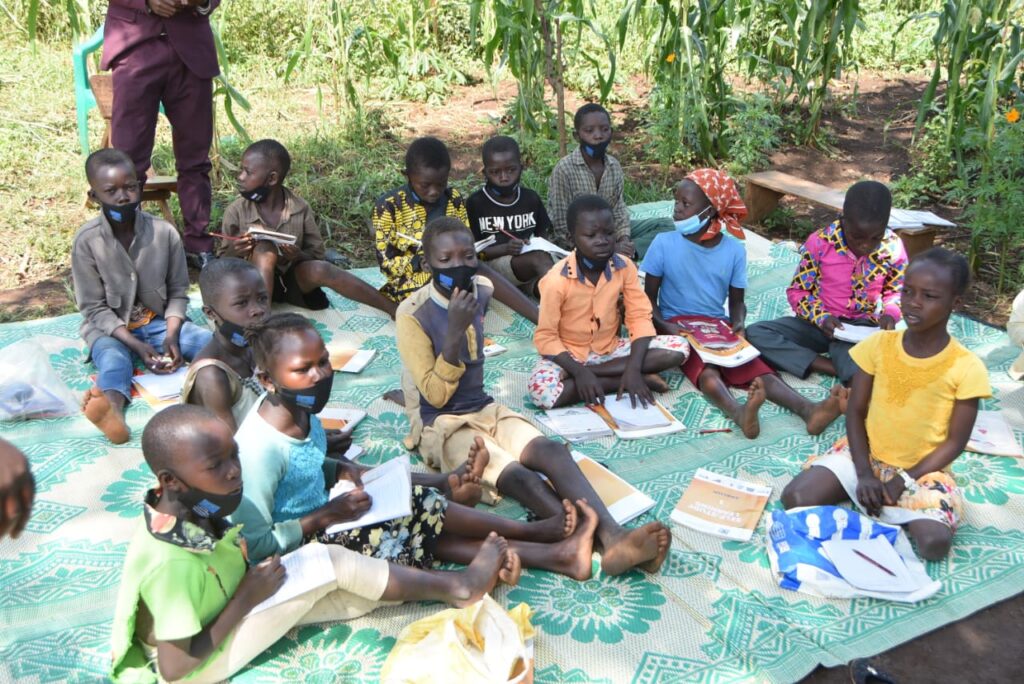
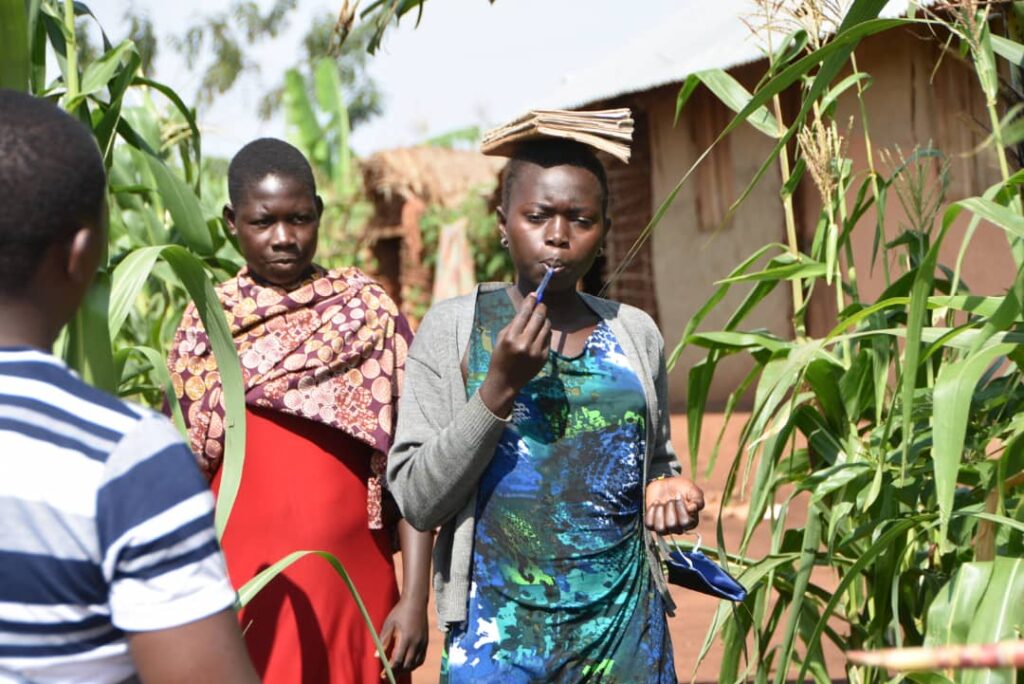
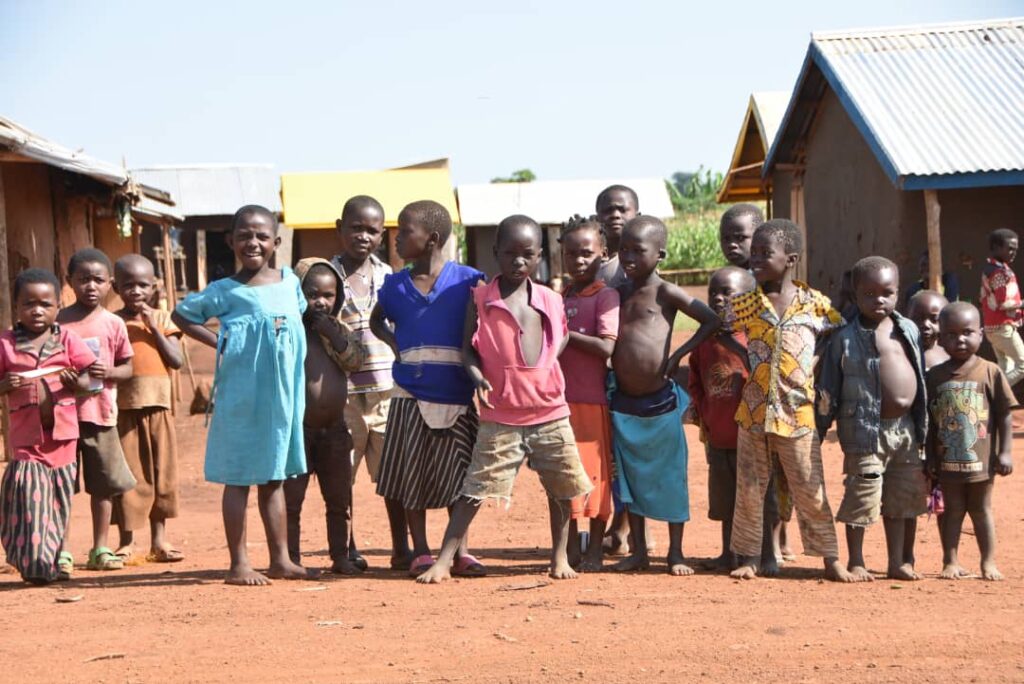
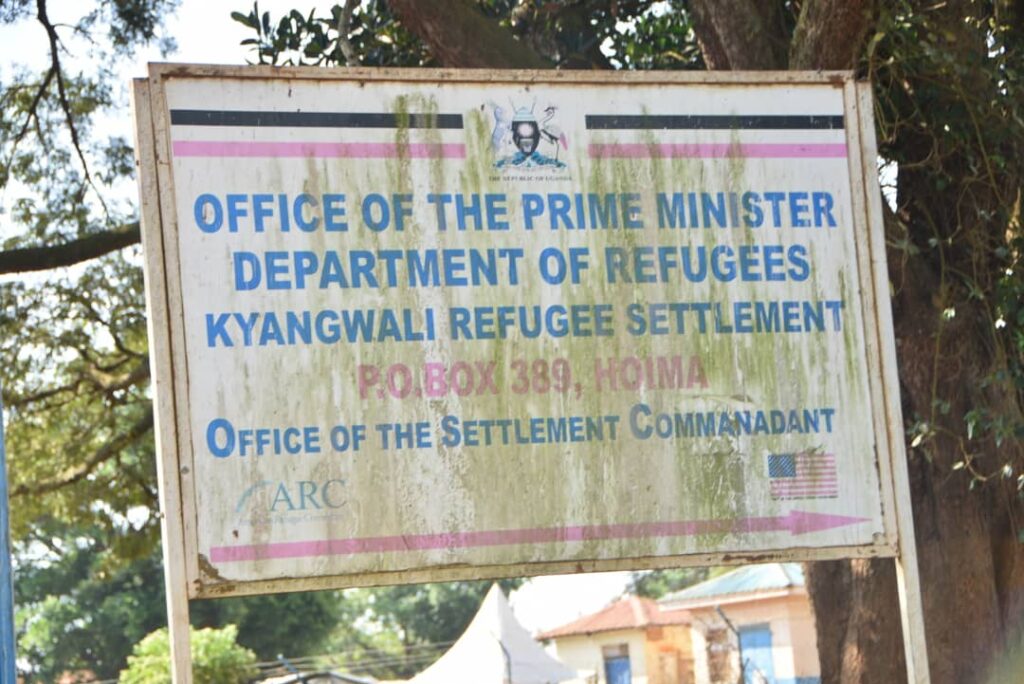




Discussion about this post